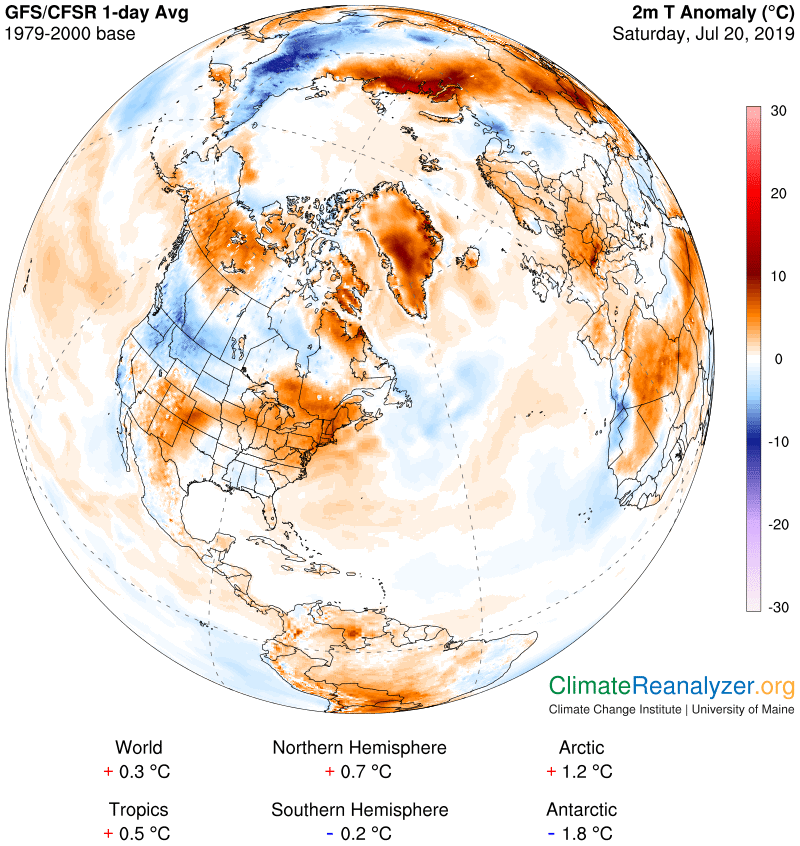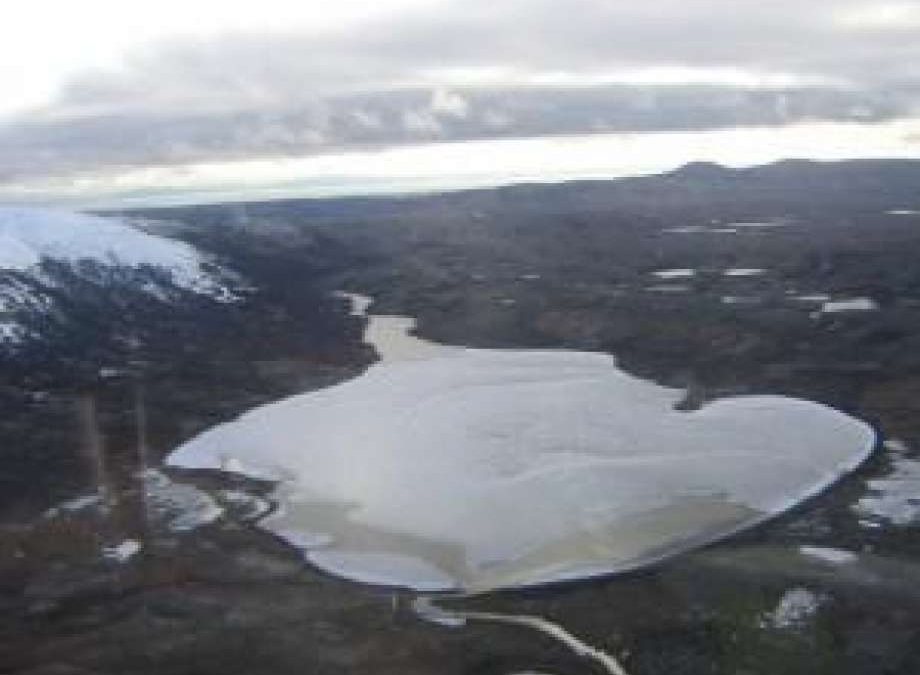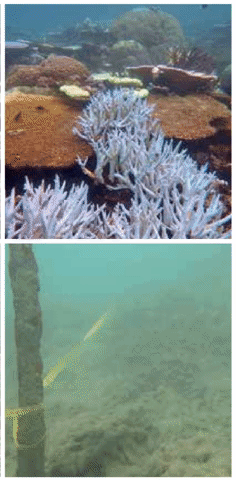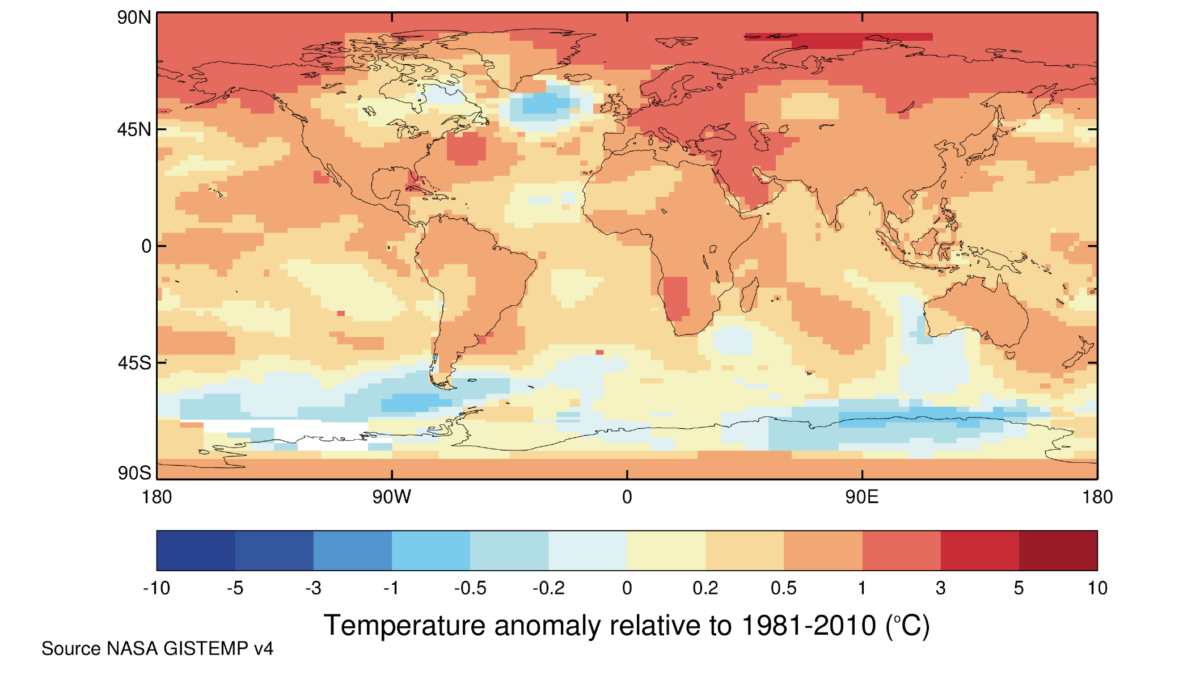Nunavut is warmer than Victoria in long, hot summer across the Arctic – “It’s really quite spectacular. This is unprecedented.”
By Bob Weber
15 July 2019
(The Canadian Press) – Weather watchers are focused on the world’s most northerly community, which is in the middle of a record-breaking heat wave.
“It’s really quite spectacular,” said David Phillips, Environment Canada’s chief climatologist. “This is unprecedented.”
The weather agency confirmed that Canadian Forces Station Alert hit a record of 21 C on Sunday. On Monday, the military listening post on the top of Ellesmere Island had reached 20 C by noon and inched slightly higher later in the day.
Alert was warmer both days than Victoria, B.C., a Canadian go-to for balmy climes.
The average July high for Alert is 7 C. Phillips said that means the heat wave at the top of the world is the equivalent of Toronto registering a daytime high of 42 C.
“It’s nothing that you would have ever seen.” […]
It’s not just half a degree or a 10th of a millimetre. It’s like hitting a ball out of the ballpark. It is so different than what the previous record was.”
David Phillips, chief climatologist, Environment Canada
Iqaluit saw the mercury rise to 23.5 C on July 9, Nunavut Day — the highest ever for that day. Alaska had its second-warmest June on record. […]
Records have been falling — not by fractions, but by large margins.
“That’s what we’re seeing more often,” Phillips said. “It’s not just half a degree or a 10th of a millimetre. It’s like hitting a ball out of the ballpark. It is so different than what the previous record was.”
More is to come, he predicted.
“Our models for the rest of the summer are saying, ‘Get used to it.”‘ […]
“It’s almost as if you’re seeing these extremes more often because of the jet stream that has a different look and a different pattern,” Phillips said. “That’s what we saw when we had those 20-degree temperatures in Iqaluit.” [more]
‘This is unprecedented’: Alert, Nunavut, is warmer than Victoria



